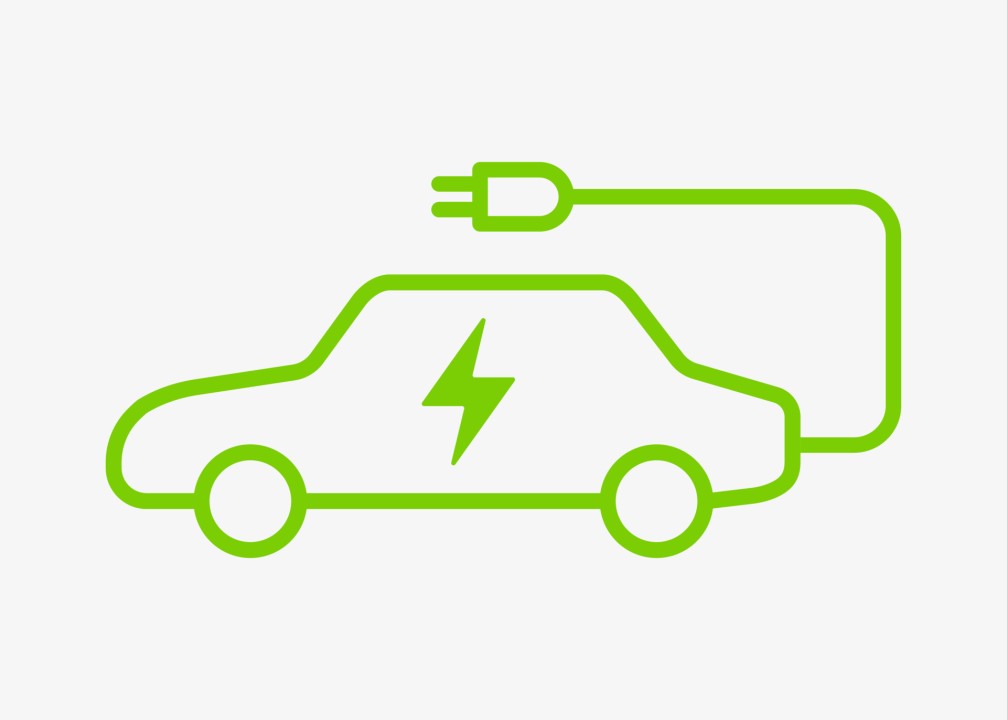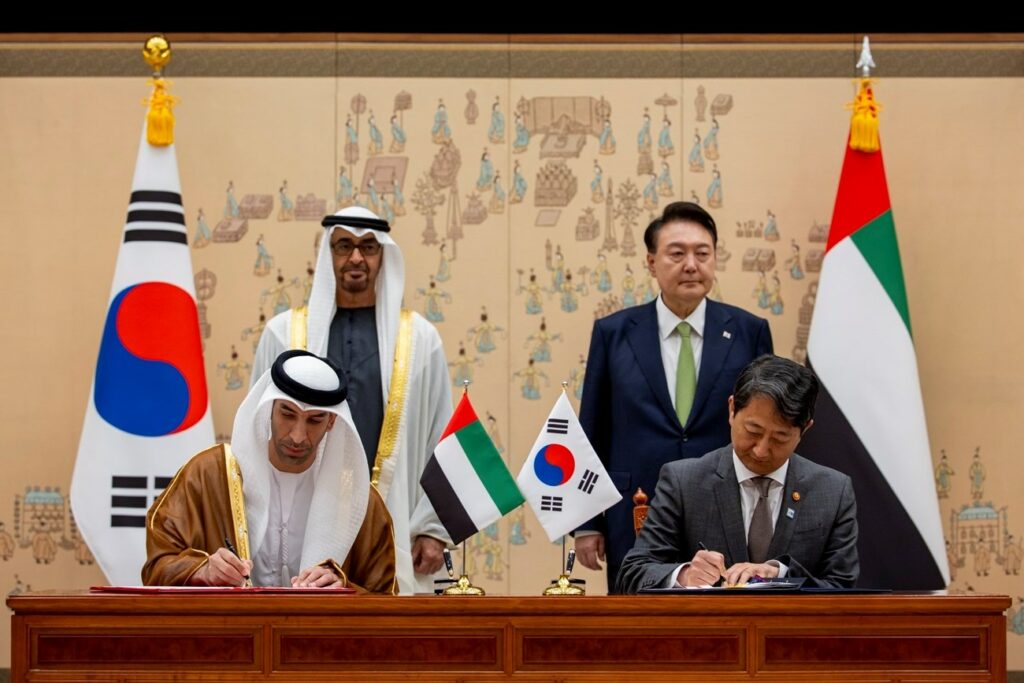As a regional leader, the UAE has rapidly implemented green mobility initiatives and policies. Setting ambitious targets akin to those of Norway, Iceland, and South Korea, the UAE aims for 50% of all vehicles on the road to be electric by 2050. With these goals in mind, it’s essential to assess the current readiness and future prospects of the sector.
Owning an electric vehicle (EV) comes with numerous benefits, including exhilarating driving experiences, attractive service packages, and significantly lower maintenance costs. In July 2020, the UAE introduced favorable conditions for EV users, such as free parking, free charging, and reduced registration fees for over two years.
The number of electric vehicles in Dubai reached 25,929 by the end of December 2023, up from 15,100 at the end of 2022, according to the Dubai Electricity and Water Authority (DEWA). The use of DEWA’s green charging services for electric vehicles rose by 59% in 2023, indicating growing acceptance and usage among residents.
However, despite the rapid growth in EV adoption, challenges such as range anxiety and accessibility remain significant barriers to widespread adoption. Range anxiety, the fear of running out of charge before reaching a destination, is a major concern, particularly for those with long commutes.
To combat this, DEWA has installed 382 EV green charging stations, many with dual charging outlets. They plan to expand the number of EV Green Charger stations to 1,000 by 2025, further enhancing the accessibility of charging stations in Dubai.
The willingness to adapt to EVs has placed the UAE in the 8th position of the global electric mobility readiness index in 2022. The country’s EV market is forecasted to grow at a CAGR of 30% between 2022 and 2028. Given the current progress, what does the future hold for the EV industry in the UAE, and what additional steps are needed to join the global leaders in green mobility?
Instead of competing solely with major global manufacturing hubs the UAE might benefit more from diversifying and continuing to position itself as a global technology hub. Supporting emerging homegrown EV concepts, such as One Moto—the region’s first EV delivery bike—and Cafu—a ‘car services super app’—is key. These companies have shown impressive growth and highlight the importance of diversification in emerging markets like the UAE.
One Moto plans to manufacture 142,000 delivery bikes in the next five years. However, CEO Adam Ridgway notes that the UAE could offer more subsidies and initiatives to support this transition, especially for the decarbonized last-mile delivery sector. This sector is vital to achieving the UAE’s ‘Net Zero by 2050 strategic initiative,’ a national drive to reach net-zero emissions by 2050, making the Emirates the first MENA country to do so.
One solution is for the government to mandate a certain percentage of fleets to be decarbonized and provide support mechanisms for innovative companies such as One Moto. This approach ensures these companies are future-ready and can significantly contribute to the sector’s growth.
Cafu, the UAE’s first homegrown ‘car services super app,’ initially offered fuel delivery services and has since diversified to include revolutionary EV charging services in global markets. This diversification has created jobs and contributed to GDP growth. Cafu’s success is partly due to strong governmental support and a skilled talent pool.
The UAE has already achieved significant milestones on a global scale without needing to compete for Tesla’s attention. The presence of major automotive giants like Mercedes and Audi, along with emerging technology companies choosing the UAE as their Middle East headquarters, indicates a strong foundation and a promising future for green mobility in the region.
Written by Genan Wishah


